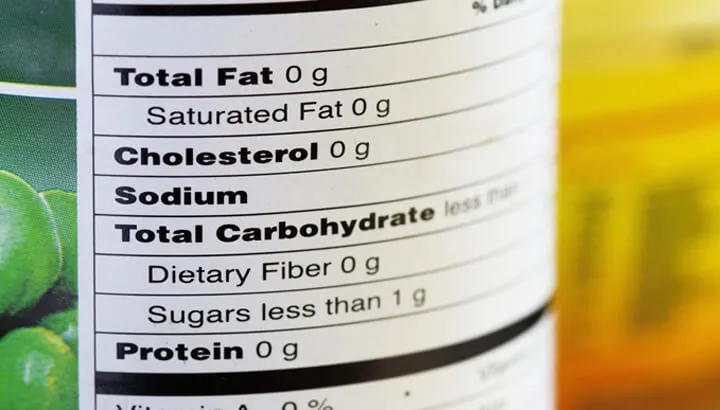
- Share on Facebook84
- Share on Pinterest
- Share on Twitter
There is no way around it, anxiety is horrible. There are lots of reasons people are battling the inner struggle, but it’s especially important to be proactive and to improve the condition.
As someone who has anxiety, I know how awful it can be. Fortunately, there are numerous ways to relieve the underlying tension.
Here are 11 things that could be increasing your anxiety.
1. Caffeine
We all have a caffeine gene known as CYP1A2, which determines how we handle coffee, tea, chocolate or anything else that has caffeine in it. People have different reactions to this enzyme. If you have a fast metabolism, you get the positive benefits of coffee and tea. However, if your body is slow to metabolize it, you could be getting anxiety from caffeine.
2. Sugar
Sugar significantly contributes to anxiety. In fact, studies have proven that the more sugar you eat, the more likely you are to have anxiety. The main driver of this is inflammation. When our blood sugar is too high, our bodies generate more free radicals, which pinball through our bodies, damaging cells and inflaming the lining of our blood vessels.
3. Fried foods

A major study from the International Journal of Food Sciences and Nutrition revealed that a diet high in hydrogenated oils may lead to neuromotor and neuropsychiatric diseases. Researchers tested rats to see if they would experience higher anxiety by eating more hydrogenated fats. The test results showed that the rats who ate the fats saw far more anxiety than their normal diet counterparts. This is just one of many studies validating these claims.
4. Menstrual cycle imbalances
Underlying hormonal imbalances have been known to trigger anxiety symptoms, especially during the menstrual cycle. The most prominent time is right before menstruation when the imbalances between estrogen metabolites, progesterone and cortisol spike.
5. Thyroid problems
All cells of our body have thyroid receptors, so if they aren’t working, technically nothing will. There are known underlying problems when our thyroids have conversion issues. Also, a common thyroid problem called Graves’ disease is a very common contributor to anxiety.
6. Artificial sweeteners

Sugar has been linked to numerous diseases but it should also be noted that artificial sweeteners are just as damaging, if not worse. Phenylalanine, a neurotoxin, has been proven to decrease serotonin levels, which trigger symptoms like anxiety, mood swings, paranoia and panic attacks. For example, diet soda drinkers think it’s a healthier choice because they see no sugar or calories on the can. In reality, consumption of aspartame leads to heightened anxiety.
7. Alcohol

Some people choose to drink alcohol to decrease anxiety, but this is often not a smart idea. Studies have proven that consuming alcohol has created worsened anxiety problems over time. Other studies have proven that drinking alcohol in general can change our brain chemistry, making anxiety more of a threat. Alcohol influences key neurotransmitters, making withdrawal even more challenging.
8. Inflammation
Inflammation can cause increased rates of NfkB, which directly contribute to anxiety. Inflammation is actually a very big factor in anxiety, depression, fatigue and brain fog research. Actually, there is an entire field known as the cytokine model of cognitive function, which shows how inflammation disrupts our brain activity.
9. Blood sugar problems
The balance of our blood glucose is extremely important for our brain health. When our blood sugar dips and spikes, it is absolutely horrible for our health. Fortunately, there are a number of proven ways to help stabilize our blood sugar.
10. Fat-free options

Many companies have marketing products as “fat-free” so that buyers are tricked into believing it is a healthier choice. In reality, most fats are actually healthy for you. You have to remember that it’s the type of fat your eating. The “fat-free” foods could actually be contributing to your anxiety, considering that our brains are 60 percent fat. We need to eat more omega-3 fatty acids and a lack of them has been proven to cause mood problems. An increase in unhealthy fats, like trans-fat, can potentially cause inflammation in our brains.
— PJ Amirata
- Share on Facebook84
- Share on Pinterest
- Share on Twitter

